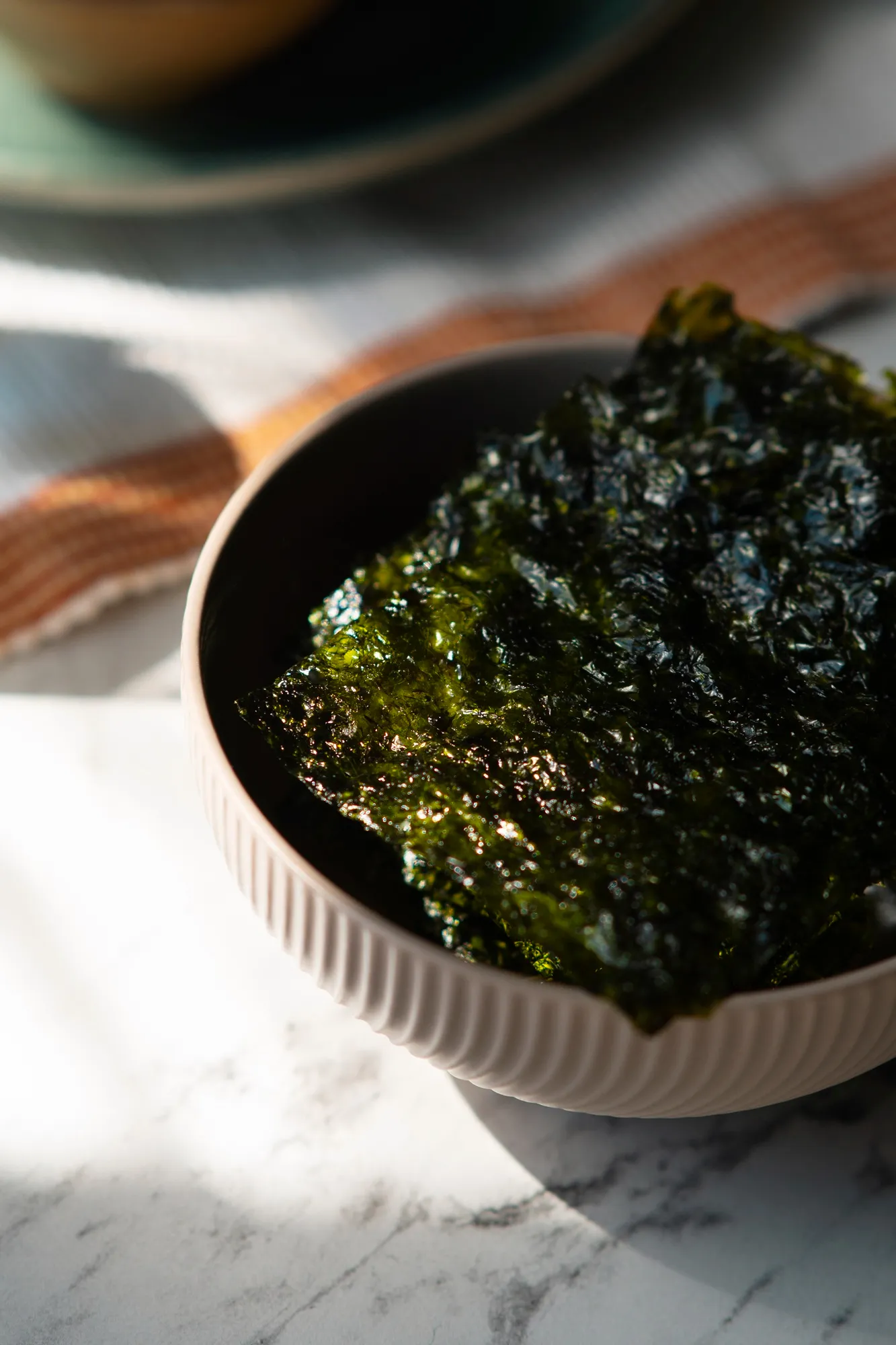Recent scientific developments have sparked interest in the potential health benefits of marine botanicals, particularly brown seaweeds. Among these, Okinawa mozuku (Cladosiphon okamuranus) has been used in traditional Asian cuisines for its nutritional value and is now drawing attention for its medicinal properties. A study published in the ‘Journal of Nutritional Science and Vitaminology’ has shed light on the antithrombotic effects of Okinawa mozuku extract. The finding suggests that oral administration of this extract could be a step toward a natural therapeutic approach to preventing thrombosis, a leading cause of cardiovascular diseases.
The Study
DOI: 10.3177/jnsv.65.171
Toshinori Yasuzawa, Akira Mima, and Shigeru Ueshima from the Department of Food Science and Nutrition, Faculty of Agriculture and the Antiaging Center at Kindai University, Japan, conducted this innovative study. Using both in vitro and in vivo models, they set out to evaluate the potential of Okinawa mozuku extract in preventing the formation of blood clots.
Methodology
The researchers used human umbilical vein endothelial cells (HUVECs) in culture to test the in vitro effects of the seaweed extract. For the in vivo component, they induced carotid artery thrombosis in male Sprague-Dawley rats using ferric chloride (FeCl_3) and assessed the ability of the extract to prevent clot formation.
Results
The study revealed that Okinawa mozuku extract possessed fibrinolytic activity, meaning it could help dissolve clots that have already formed. Moreover, it enhanced the production of urokinase-type plasminogen activator (u-PA), an enzyme that naturally breaks down blood clots, in the endothelial cells. In the rat model, oral administration of the extract significantly reduced thrombus formation when compared to the control group.
Implications for Human Health
The findings point toward a promising avenue for the prevention and potential treatment of thrombotic diseases through dietary means. As thrombosis can lead to life-threatening conditions like heart attacks and strokes, the use of natural antithrombotic agents such as Okinawa mozuku could prove to be beneficial for at-risk populations. However, further research and clinical trials are needed to fully understand the extract’s effectiveness in humans.
References
1. Yasuzawa, T., Mima, A., & Ueshima, S. (2019). Antithrombotic Effect of Oral Administration of Mozuku (Cladosiphon okamuranus, Brown Seaweed) Extract in Rat. Journal of Nutritional Science and Vitaminology, 65(2), 171-176. DOI: 10.3177/jnsv.65.171
2. Matsubara, K., et al. (2000). Decrease in the fibrinolytic potential of cultured human endothelial cells by oxidized lipoprotein(a). Blood Coagulation & Fibrinolysis, 11(3), 251-260. DOI: 10.1097/00001721-200004000-00007
3. Collen, D., & Lijnen, H. R. (2005). Basic and clinical aspects of fibrinolysis and thrombolysis. Blood, 106(10), 3393-3404. DOI: 10.1182/blood-2005-04-1603
4. Kimura, H., et al. (2018). Antithrombotic effect of seaweeds on acute thrombosis models in mice. Thrombosis Research, 169, 90-95. DOI: 10.1016/j.thromres.2018.07.017
5. Sekiguchi, H., et al. (2001). Fucoidan from Cladosiphon okamuranus TOKIDA ameliorates the restraint stress in mice. Biological & Pharmaceutical Bulletin, 24(11), 1322-1326. DOI: 10.1248/bpb.24.1322
Keywords
1. Okinawa mozuku extract
2. Antithrombotic natural remedies
3. Seaweed health benefits
4. Thrombosis prevention
5. Brown seaweed supplements
Conclusion
The research into Okinawa mozuku is a testament to the potential of natural substances in combating some of the pressing health issues of our time. With thrombotic disorders on the rise globally, it’s crucial to explore all avenues, including diet-based interventions, to reduce the incidence of these life-threatening conditions. The study by Yasuzawa et al. presents compelling evidence that supports further inquiry and potential application of brown seaweed extracts in the realm of cardiovascular health and disease prevention.
Furthermore, the prospect of a natural, dietary approach to managing thrombosis adds to the existing body of knowledge that emphasizes the importance of nutrition in maintaining good health. As science continues to delve into the medicinal properties of marine botanicals, it’s clear that the sea may hold more secrets to human well-being than we currently know.
The study’s demonstration of the antithrombotic effects of Okinawa mozuku is a breakthrough adding to the arsenal of preventive health strategies. Now, it’s up to future research to take these findings from the laboratory to the dinner table, where the benefits of such marine treasures can ideally be harnessed to their full potential.
